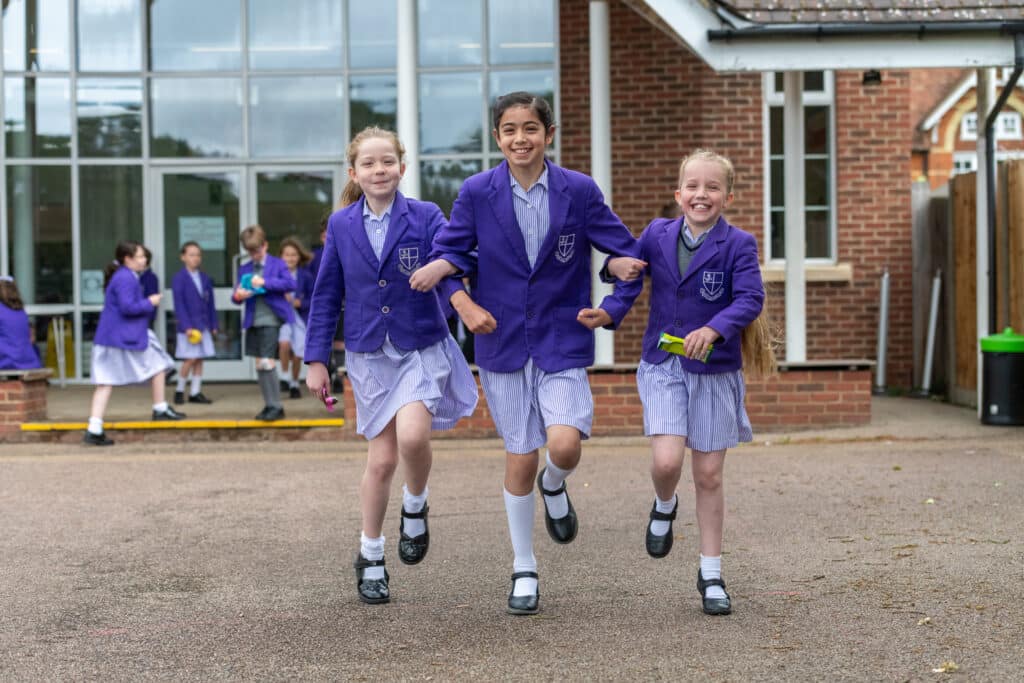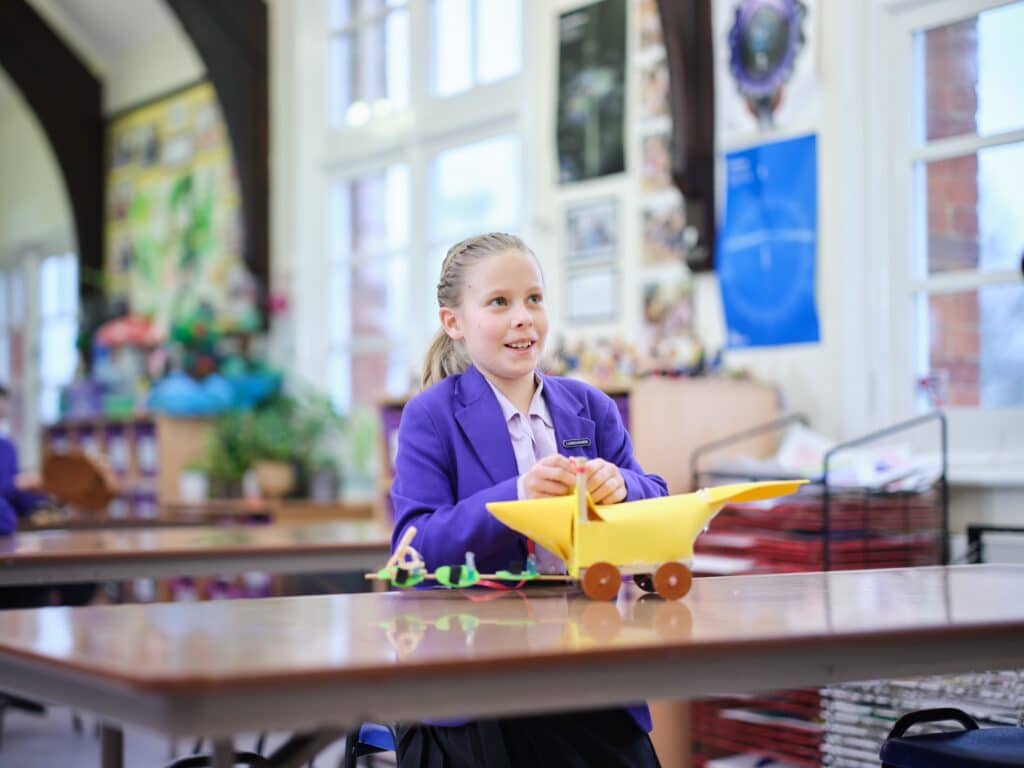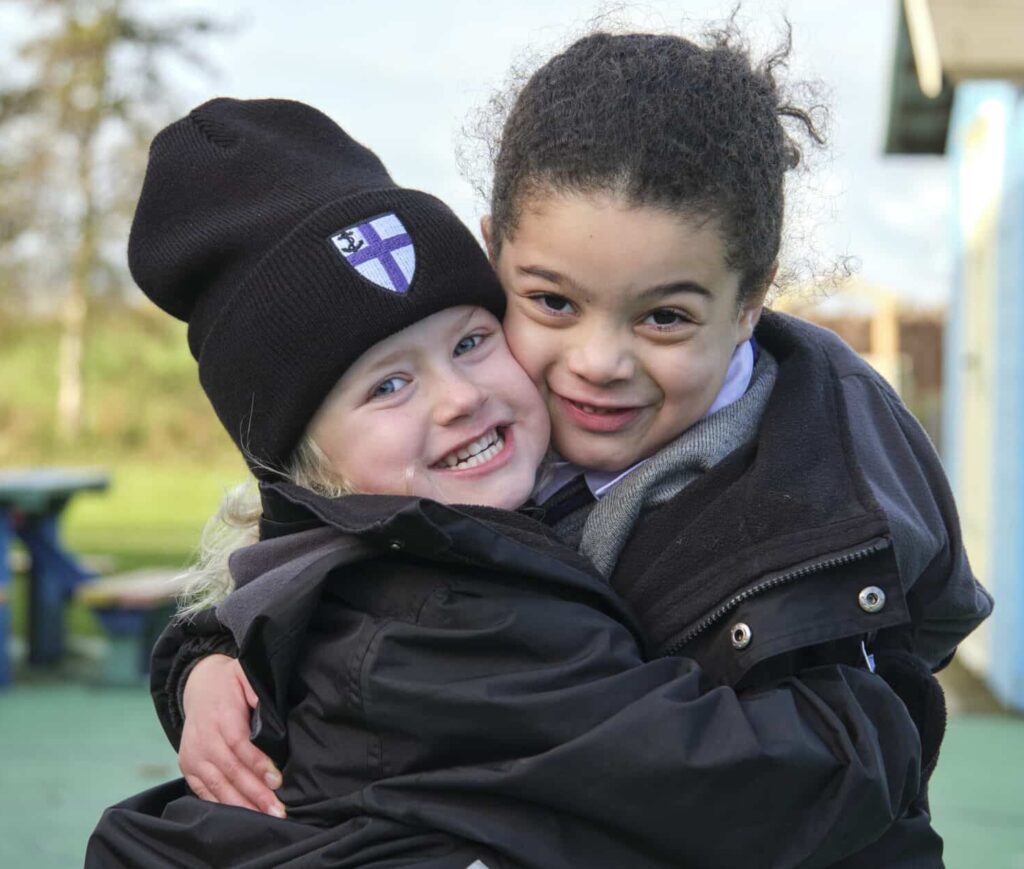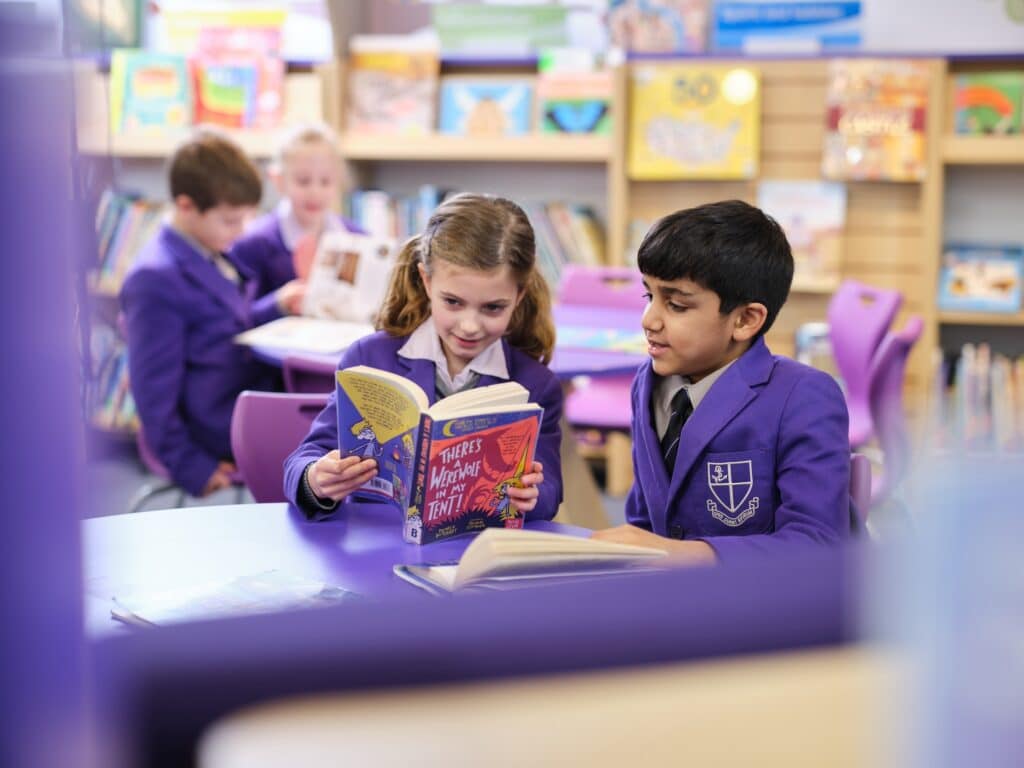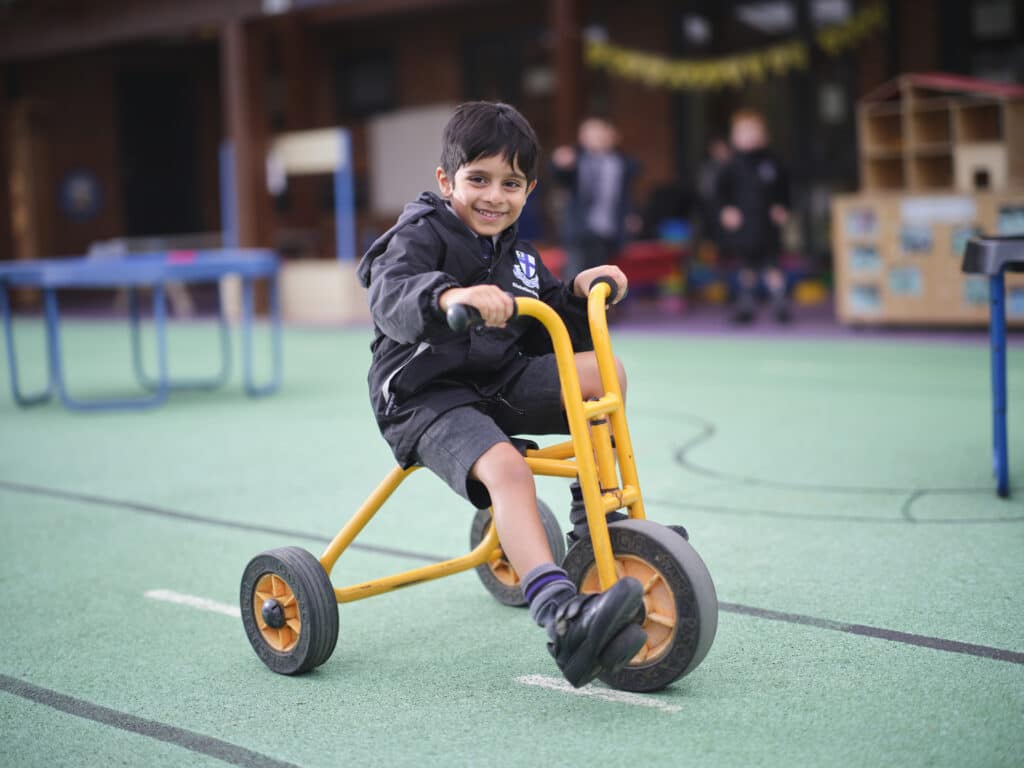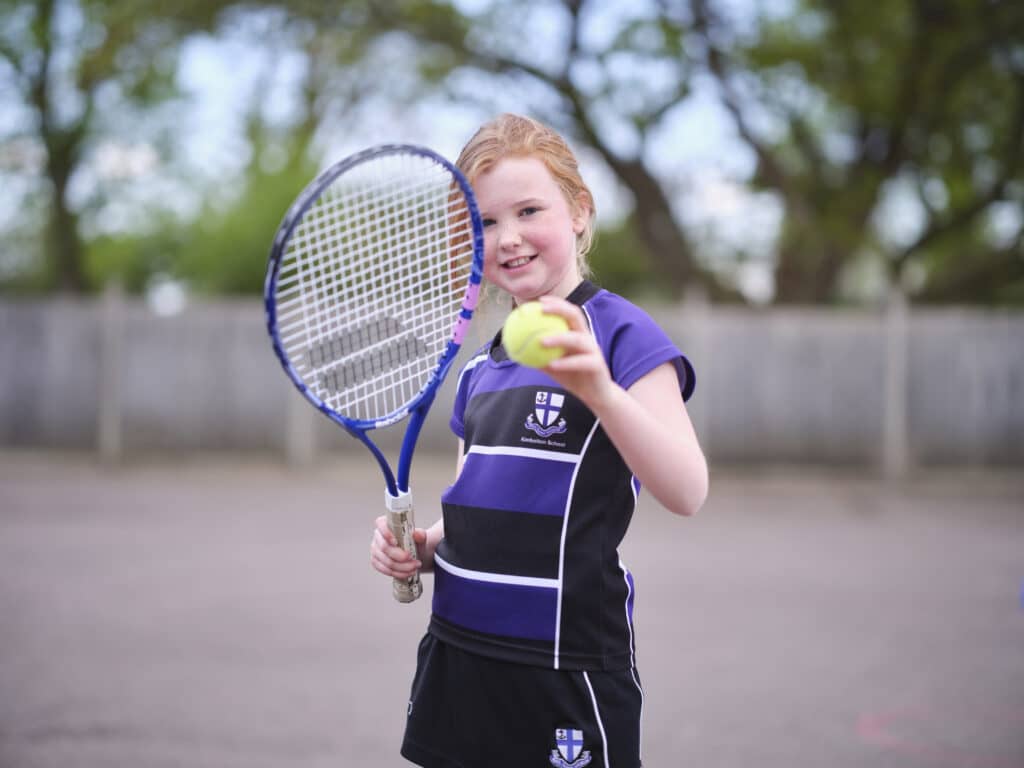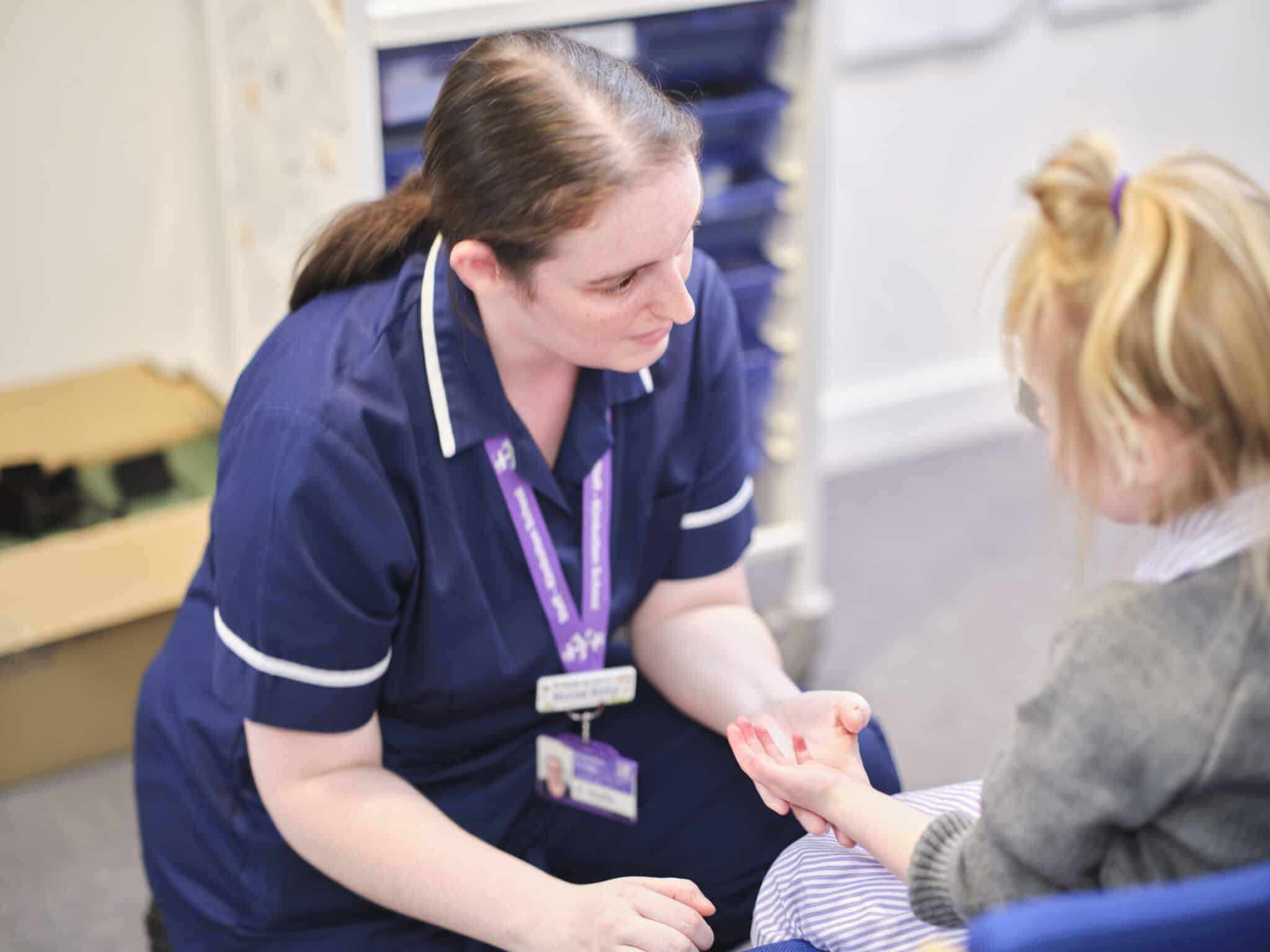
Pastoral care
Safeguarding
Kimbolton School is dedicated to safeguarding and promoting the welfare of its pupils, regardless of age, ability, race, culture, religion, sexuality or class. Safeguarding is integrated into the school ethos.
Safeguarding concerns can be raised directly with an individual member of the Designated Safeguarding Team, or via DSP@kimboltonschool.com.
The safeguarding team and the Governor responsible for Safeguarding receive updated Child Protection training
at least once every two years, which is in accordance with locally agreed procedures.
Mr Stokes is also trained in Prevent awareness; all concerns about radicalisation will be referred to the Channel programme.
There are occasions when parents may wish to discuss highly sensitive or personal matters. In such instances, you
should contact the Head of Prep at prephead@kimboltonschool.com.
Relationship and Sex Education (RSE)
In Relationships and Sex Education (RSE) we will aim to provide a framework in which sensitive discussions can take place, prepare pupils for puberty, and give them an understanding of sexual development and the importance of health and hygiene.
- We will help pupils develop feelings of self-respect, confidence, and empathy.
- We will create a positive culture around sexuality and relationships, in an age appropriate manner.
- We will teach pupils the correct vocabulary to describe themselves and their bodies and help pupils understand that healthy relationships are an important part of wellbeing and mental health.
- RSE is taught within the PSHE curriculum.
Lanyards
We operate a lanyard system to help pupils and adults distinguish between those visiting or professionally associated with the school. In some circumstances wearing a lanyard may not be practical and clothing ‘embossed’ with the school name and crest, such as sports kit or polo shirts, will be worn by staff instead.
- Purple lanyards: worn by staff.
- Green lanyards: worn by governors, (parent) volunteers and visitors who have completed all safeguarding checks
and received appropriate training. - Red lanyards: worn by visitors, (parent) helpers and individuals who have yet to complete all safeguarding checks.
They will be accompanied by a member of staff at all times.
The use of electronic devices policy
To meet EYFS requirements and to ensure best practice in safeguarding procedures, our Prep is a mobile/tablet-free zone.
Parents and visitors must not use cameras, tablets, or other technologies capable of capturing or storing images inside the building and in the playground areas. If staff see any adult using such a device they will politely request that you refrain from doing so.
Absence from school
The school has a legal obligation to record all absences from school (including those during Saturday sports fixtures) and the reason for the absence.
Planned absence during term time
Parents are responsible for informing the school of all planned absences and should write to the Head of Prep with details of the expected time away – usually this is for medical appointme
We do not advise time away from school during term time for holidays, though accept that on rare occasions this may not be avoided. In such circumstances parents must write directly to the Head of Prep to request leave of absence. By return, your absence request will be acknowledged.
Unexpected or unplanned absence
In the event of unexpected or unplanned absence, for example due to illness, parents must inform the School Office by telephone or email on the morning of the absence if possible, and certainly before the end of the school day, for
each day your child will be absent
Medical matters
Nursing Team
A nurse is on duty at the Prep School each day and should be your first point of contact for any medical concerns about your child. The nurses provide care for children who feel unwell during the school day as well as providing assessment for injuries and signposting to further support if needed. They provide health promotion activities to pupils in small groups and classes.
If there is a change to your child’s medical circumstances, or a change in GP, please inform our nursing team via an update to your child’s medical form on Engage (and also call them if necessary). It’s important you have identified an emergency contact who is able to collect your child at short notice if they become unwell during the school day.
Contact details for the nursing team
Sickness
Please notify the school if your child is unwell and unable to attend. If a child is unwell at school, it is not our policy to administer ‘off the shelf’ medication and it is likely the child will need collecting.
Medication
If your child is well enough to be in school but requires medication such as antibiotics during the school day, please complete a consent form via Engage. Medication should be sent in the original packaging with pharmacy label.
Vomiting and diarrhoea
Your child must remain at home until 48 hours after their last episode of vomiting/diarrhoea.
Dental appointments
We would prefer dental appointments be arranged for the school holidays. Information on our absence policy can be found above.
Off games procedure
Please email the School Office if your child is off games or swimming, or contact the nursing team for advice.
Immunisations
Please check your child is up to date with their immunisations prior to joining Kimbolton School. If you are unsure you should contact your GP for advice.
Vision and hearing
Children should have an eye test prior to joining school. This can be booked via a high street optician. If you have any concerns about your child’s hearing this should be discussed with your GP.
Anti-bullying policy
There is no place for bullying at Kimbolton School. The school acknowledges the positive role of school management, teaching staff, and parents, in confronting bullying. The school has developed a whole school approach to handling bullying and the need to make the whole school community, that is pupils, parents and staff, cognisant of bullying behaviour (including online) and its impact.
We hope that the questions below will answer most of your queries regarding our approach to bullying behaviour.
What is bullying?
It is the wilful, conscious desire to hurt or frighten someone repeatedly. It can involve one or more of the following: physical aggression, verbal teasing, intimidation, exclusion from groups, extortion and damage to property. This includes use of mobile phones or the internet to cause harm or distress. Any wilful act that leads to bullying behaviour in the school is unacceptable.
What does the School do to discourage bullying behaviour?
Bullying can only continue if there is a conspiracy to keep it secret. We promote a culture whereby telling a teacher about bullying is seen as a healthy, friendly, act but at the same time discourage mischievous false accusations. The issue of bullying is covered during Personal, Social and Health Education lessons and school assemblies, and during class lessons when required. We take all allegations of bullying very seriously although cases are rare.
My child says that s/he is being bullied. What should I do?
Contact the school immediately. The Senior Deputy Head will investigate all cases and will report back to you as soon as possible and usually within 24 hours. The Head of Prep will receive regular briefings and, where necessary, will lead the investigation.
Whatever the degree or type of bullying, it is usually best to allow a third party to look into it. So, even if you know the alleged bully’s parents well, please do not try and resolve the situation yourself.
How to raise a concern
Many parents will have a concern at some point in their child’s time at school. Please do not sit and worry about it.
It is much better to come into school to talk about your concerns. Usually they are due to misunderstanding or misinformation but until we know about them there is little that we can do.
There are several steps that you can take before coming in to discuss your concerns:
- Talk to your child, if appropriate, to understand the situation from their point of view. Please remember that they
may give you their version of the truth which may differ from the actual facts. - Think it through, before contacting the school.
- Keep things in proportion.
- Prepare to stay calm when discussing matters.
- Speak with the relevant member of staff initially, usually your child’s form teacher.
- We take parents’ concerns very seriously and will work with you to resolve things as quickly as possible.
Complaints procedure
The school has a Parental Complaints Procedure available in our policies area, or from our Bursar’s Office.
Copies of school policies are also held in the Prep School Office and in the Reception classrooms (the latter for EYFS regulatory reasons).
If you wish to discuss these, please contact the Head of Prep.
